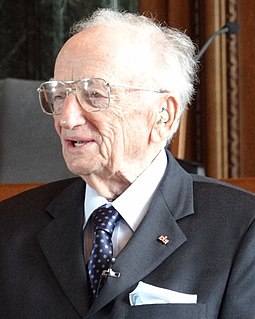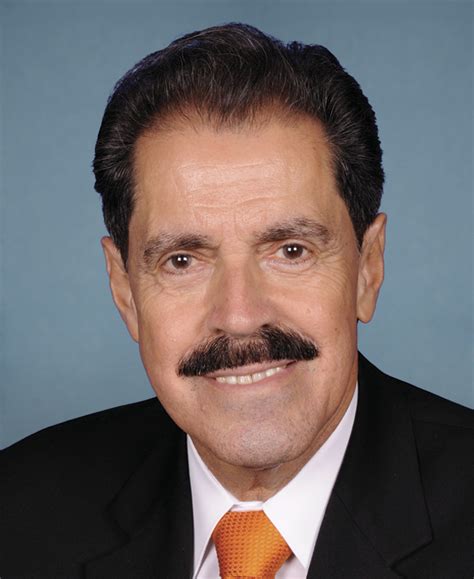A Quote by Sebastian Junger
One could reasonably argue that the Turkish pogrom against the Armenians during World War I qualifies as a crime against humanity, as does the United States' ethnic cleansing of Native Americans.
Related Quotes
In the Islamic world, the U.S. is seen in two quite different ways. One view recognizes what an extraordinary country the U.S. is.The other view is of the official United States, the United States of armies and interventions. The United States that in 1953 overthrew the nationalist government of Mossadegh in Iran and brought back the shah. The United States that has been involved first in the Gulf War and then in the tremendously damaging sanctions against Iraqi civilians. The United States that is the supporter of Israel against the Palestinians.
What has happened here [aftermath of 9/11] is not war in its traditional sense. This is clearly a crime against humanity. War crimes are crimes which happen in war time. There is a confusion there. This is a crime against humanity because it is deliberate and intentional killing of large numbers of civilians for political or other purposes. That is not tolerable under the international systems. And it should be prosecuted pursuant to the existing laws.
Sixty million people died in the Second World War. World War II was a gigantic crime. We condemn it all. We are against bloodshed, regardless of whether a crime was committed against a Muslim or against a Christian or a Jew. But the question is: Why among these 60 million victims are only the Jews the center of attention?
We are organising our enemies into a formidable force, we are The US public has turned against the war, the Republicans and Democrats have turned against the war. And so when the American public turns against the war and the Congress turns against the war, it suggests that Americans feel we cannot win that war in those conditions. So the Iraqi Commission says, "Well, we can't win this war militarily, we need to reassess potential allies." There's Syria, there's Iran.

































